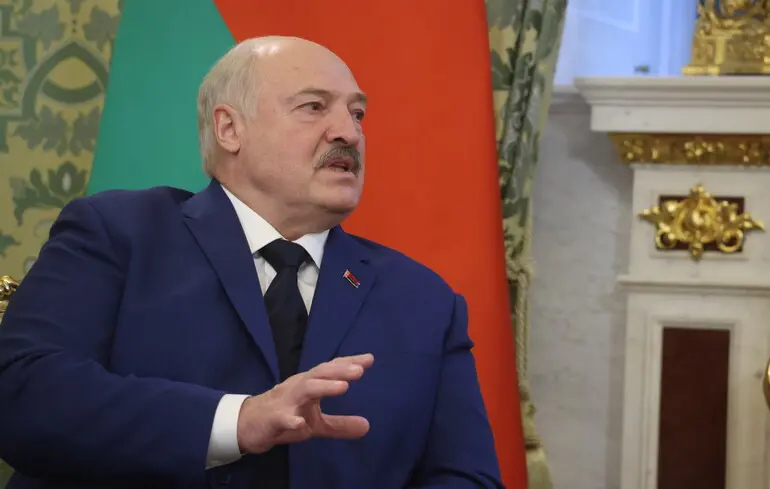Lukashenko assures: Belarusian military has no intention of attacking neighbors and seeks peace

In a recent address during a ceremony of awarding state honors and discussing military policies, Belarusian President Alexander Lukashenko firmly reiterated his country’s stance regarding its military intentions.
Known for his unwavering rhetoric, he assured the international community that Belarusian armed forces are not preparing plans for invading or attacking neighboring states, stating such actions are entirely unrealistic and senseless.
The leader emphasized that his nation does not pose a threat to the outside world and asserted that the Belarusian army is capable of responding to any aggression but does not aim to conquer foreign lands.
According to Lukashenko, Belarus closely monitors regional developments, and should any reckless attack occur, it is prepared to inflict significant and irreversible losses on the adversary.
This remains particularly relevant as large-scale joint military exercises with Russia, such as ‘Zapad-2025,’ approach, which analyst Vladimir Kravchenko considers in his review.
Importantly, Lukashenko assured that Minsk does not use these exercises as a tool for intimidation or display of military force for political pressure.
He added that attempts by Western countries to justify their aggressive intentions through these drills are foolish and short-lived.
Regarding relations with neighbors, Lukashenko states that Poland, Lithuania, Latvia, and Ukraine have drawn conclusions from the situation and understand Belarus’s true intentions, which helps reduce regional tensions even amidst ongoing military conflicts.
Additionally, discussions on potential scenarios continue domestically, but without the aim to openly support any side of the conflict.
Analysts, including sources from ZN.UA, note that a full-scale attack or significant offensive on Ukraine remains unlikely, indicating Minsk and Moscow’s desire to maintain the status quo and avoid open war.
For more detailed insights into possible developments, see Vladimir Kravchenko’s article on the ‘Zapad-2025’ exercises.

